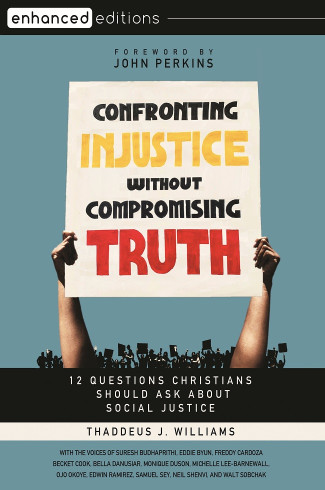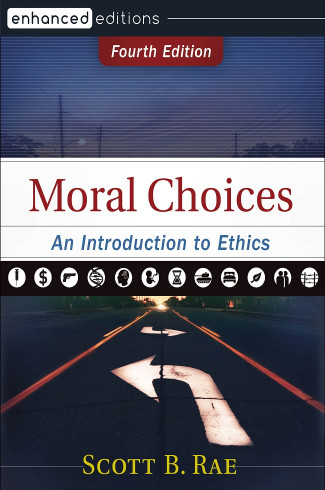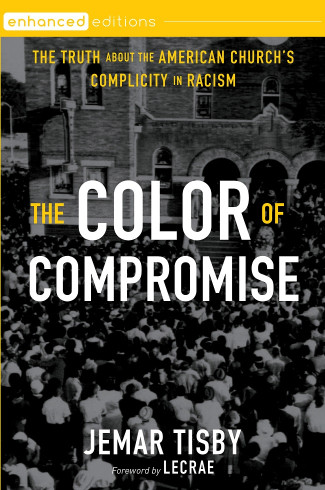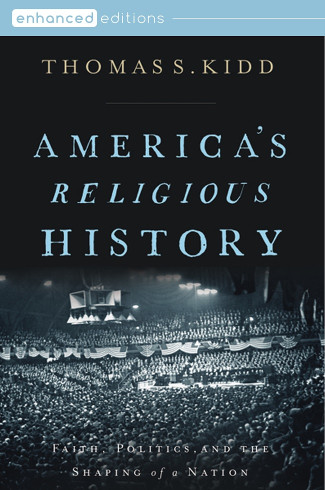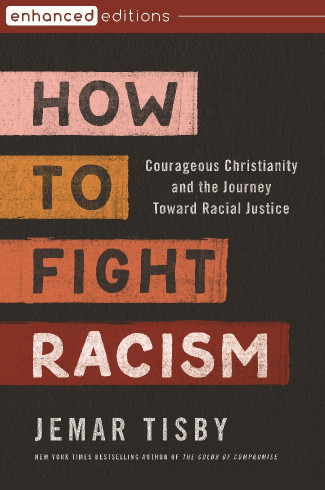God does not suggest, he commands that we do justice.
Social justice is not optional for the Christian. All injustice affects others, so talking about justice that isn't social is like talking about water that isn't wet or a square with no right angles. But the Bible's call to seek justice is not a call to superficial, kneejerk activism. We are not merely commanded to execute justice, but to "truly execute justice." The God who commands us to seek justice is the same God who commands us to "test everything" and "hold fast to what is good."
Drawing from a diverse range of theologians, sociologists, artists, and activists, Not everything called "social justice" today is compatible with a biblical vision of a better world. The Bible offers hopeful and distinctive answers to deep questions of worship, community, salvation, and knowledge that ought to mark a uniquely Christian pursuit of justice. Topics addressed include:
- Racism
- Sexuality
- Socialism
- Culture War
- Abortion
- Tribalism
- Critical Theory
- Identity Politics
Confronting Injustice without Compromising Truth also brings in unique voices to talk about their experiences with these various social justice issues, including:
- Michelle-Lee Barnwall
- Suresh Budhaprithi
- Eddie Byun
- Freddie Cardoza
- Becket Cook
- Bella Danusiar
- Monique Duson
- Ojo Okeye
- Edwin Ramirez
- Samuel Sey
- Neil Shenvi
- Walt Sobchak
In Confronting Injustice without Compromising Truth, Thaddeus Williams transcends our religious and political tribalism and challenges readers to discover what the Bible and the example of Jesus have to teach us about justice. He presents a compelling vision of justice for all God's image-bearers that offers hopeful answers to life's biggest questions.



